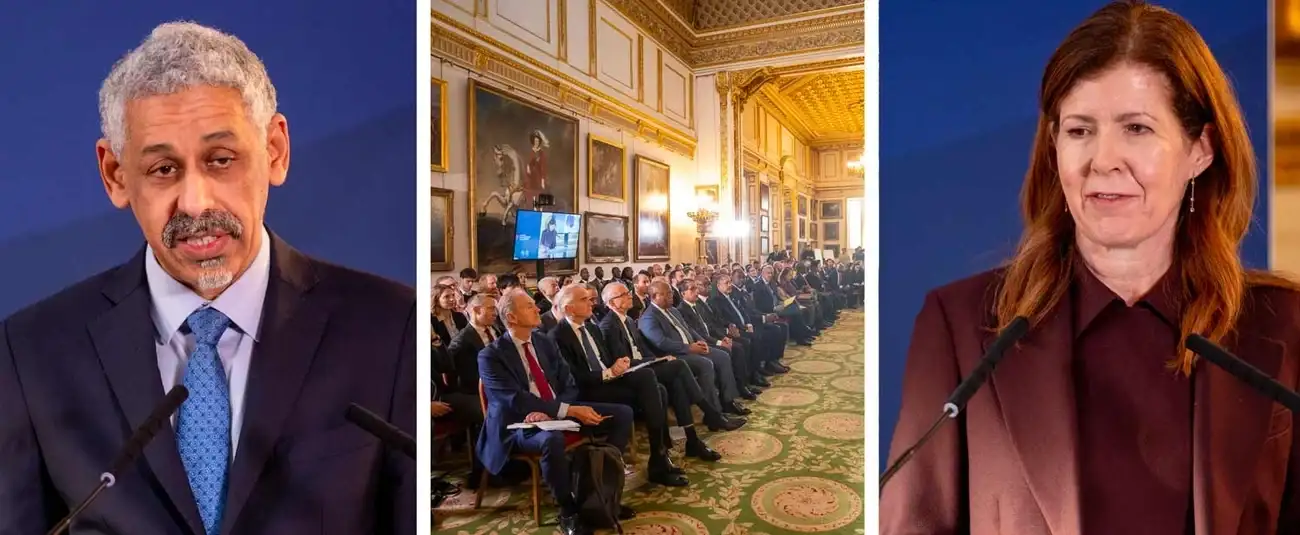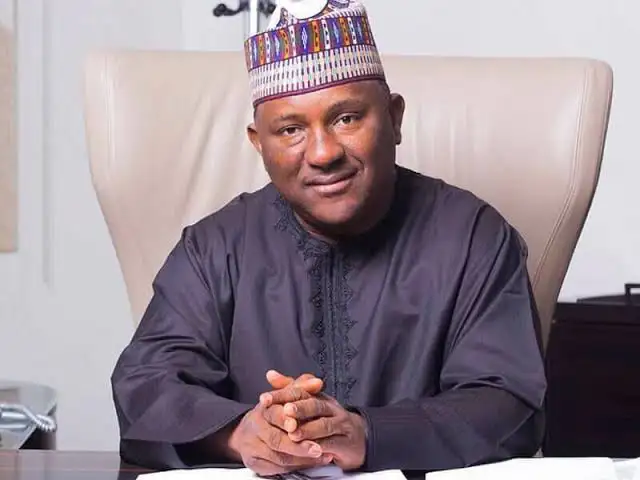In the heart of Jinja, Uganda, Edith Lukabwe, a mother and tireless activist, has become a beacon of hope, raising 98 children with disabilities at her remarkable "Home of Hope" orphanage. Her dedication is a powerful testament to the transformative impact of love and care in a nation where disability is often misunderstood.
Recent footage captured on Thursday, July 24, from the Home of Hope paints a vibrant picture: children are seen playing, being lovingly fed, bathed, and nurtured by a dedicated team of caregivers who embrace them as family, not as a burden.
Lukabwe's profound journey began with a deeply personal struggle. "They thought that I brought a curse into the family," she recounted, speaking of the birth of her firstborn, Derrik, in 2000. Derrik's sudden illness shortly after a normal delivery, marked by jaundice and convulsions, became the catalyst for her life's mission.
She founded the Home of Hope when Derrik was just three years old. Though he passed away at 14, his legacy continues through the very institution he inspired, now encompassing a home and a hospital named in his memory. "It took me like only six months, and I got like 25 kids, but most of them were just being abandoned," Lukabwe shared. "Right now, I'm a mother of 98 children; if I add on my biological children, then they are 104."
Life at Home of Hope is meticulously structured, with days beginning early and operations divided into day and night shifts to ensure continuous care, especially for children needing overnight feeding to maintain their health. "Each one has a care plan. We check who needs therapy, who’s going to school," Lukabwe explained, highlighting the individualized attention each child receives.
Among Lukabwe's significant achievements is the establishment of the Derrick and Emily Memorial Medical Centre, named after her son and daughter. This private hospital was created to alleviate the immense challenge of inaccessible public healthcare for families with disabled children. For mothers like Rebecca Mutesi, the center has been life-changing. "I brought my child when he was unable to sit well, but now I see some improvement, so that at this time he can sit and crawl at the same time,” Mutesi happily reported.
Uganda, with its population of nearly 50 million, is home to over six million people living with disabilities. Despite these numbers, deep-rooted cultural beliefs often mistakenly cast special needs as a curse. Education on disabilities remains largely absent from government-run schools and local clinics, often pushing desperate families towards traditional healers. Media reports further highlight the critical underfunding in this area, suggesting that a mere one percent of the national health budget is allocated to supporting these vulnerable families.
In the face of these systemic challenges, Edith Lukabwe's Home of Hope stands as a powerful example of compassion and proactive care, filling a crucial void for hundreds of children and their families in Uganda. The story is from Viory.




